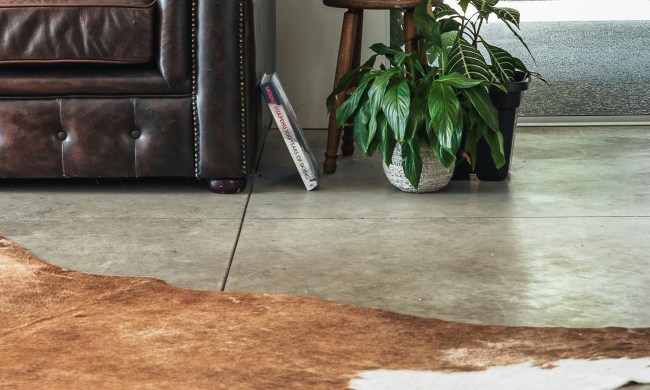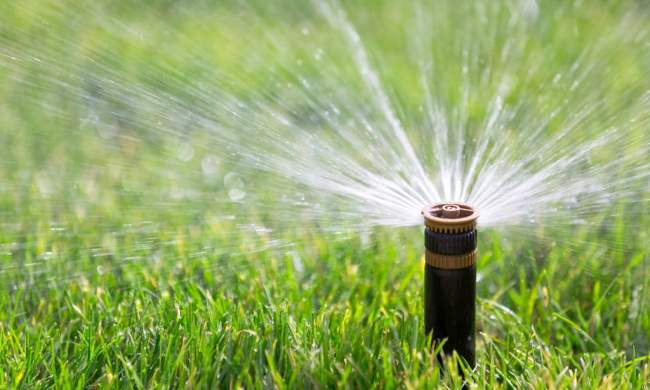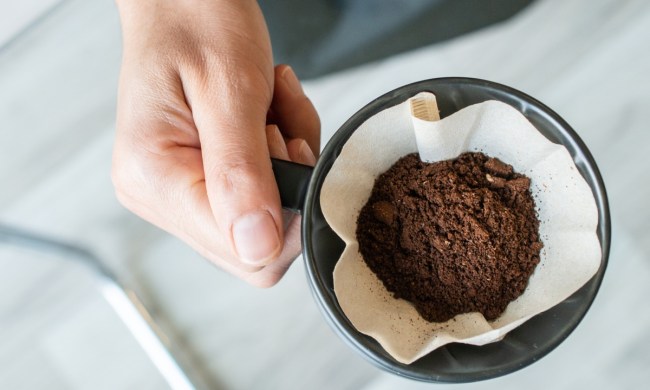Dealing with creepy crawlies is frustrating and exhausting, especially if you have to exterminate these invading insects year after year. Whether you’re dealing with ants, flies, spiders, or roaches, having bugs in your house is more than just unpleasant. Many pests carry diseases and some can even cause damage to your home’s structure with their burrowing, digging, and breeding habits. By engaging in a few proactive and preventative measures at the right time of year, you can minimize the bug population before it takes over your home.
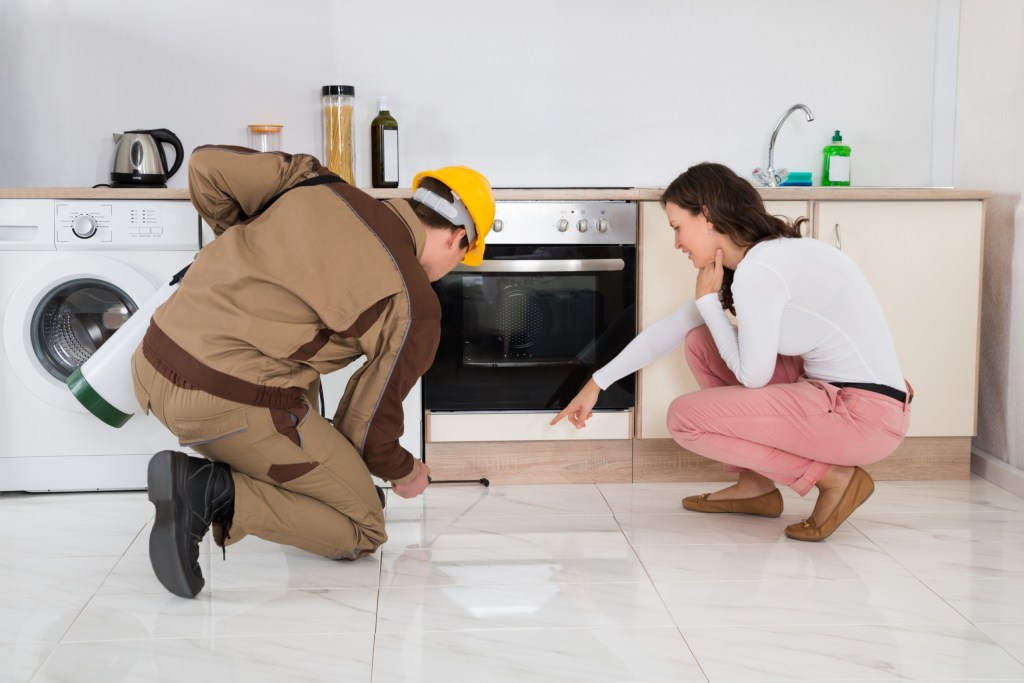
The life cycle of most invasive bug colonies
In order to put preventive measures in place, it’s important to know how and when these critters grow and multiply so you can plan your extermination around the times they’re most vulnerable.
Fall
As winter approaches and the outdoor temperatures begin cooling down, pests start to creep indoors in search of a safe, warm shelter. You may notice a few stray bugs during this time, but likely not enough to cause any alarm. Unless you hire a professional for an inspection, you probably won’t even notice them.
Winter
When the weather outside is frightful, you won’t see much activity from pests in your home. They are dormant and hibernating in a safe and inaccessible place in your walls, cabinets, or woodwork. Many of the bugs won’t survive the winter and will simply die off during the cold season. Long story short, whether they’re in the home or not, they won’t be very active.
Spring
When the weather warms up around March and April, invading pests begin to emerge from hibernation. At this point, they’re more active as they look for food and a safe place to breed. You may see limited activity from pests during this time, but not necessarily enough to warn you of their coming infestation.
Summer
The colony is most populous during the summer months when the pests have had ample access to food and water and several weeks to nest, breed, and multiply. This is when you’ll see the most pest activity.
The best time of year to spray the house for bugs
The best way to prevent an infestation from occurring in the first place is to hire an exterminator to spray chemical pesticides around the house to deter bugs from entering and exterminate the ones that are already there. This is most effective during the early spring months when the weather is warm enough for the bugs to start emerging but before they’ve found a spot to nest. When bugs first emerge from their dormant period, they are weak and in search of food, so they are not yet breeding, so this is the perfect time to stop them in their tracks.
Treating outdoors for garden pests
Your lawn and garden also see their fair share of pest problems, with some bugs causing damage to your grass and vegetable plant. Destructive garden pests, like aphids, tend to hatch a couple of weeks prior to others, so they have a good amount of time to breed, hatch, and infest without any threat from predators. Spray your outdoor space with plant-safe pesticides in these early spring months once the outdoor temperature is consistently between 50 and 60 degrees F.
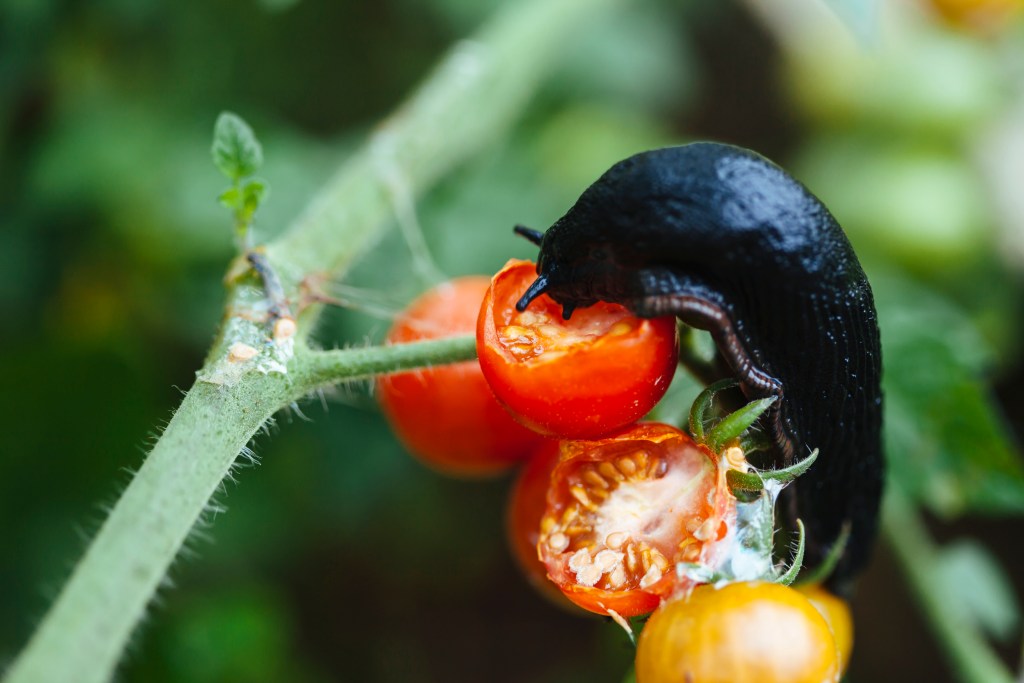
Invasion prevention in fall
Autumn is a good time to take a look around your home and put some pest prevention practices in place. Since bugs are looking for a home to hibernate in during this period, it’s the best time to block their entry. Be sure to check your windows and doors for gaps and re-seal them if necessary. Also, check outdoor siding and indoor floorboards for cracks to seal. Blocking the pests’ entry point will go a long way in stopping an infestation before it starts.
When you have an infestation in your home, it can be a stressful time for you and your family. The best pest control strategy is a preventative one, so save yourself the hassle and frustration of fumigating a full-grown colony of pests by keeping them out in the first place. Spraying your house with exterminating chemicals in the early spring and sealing it off in early fall will ensure pests stay away for good.

